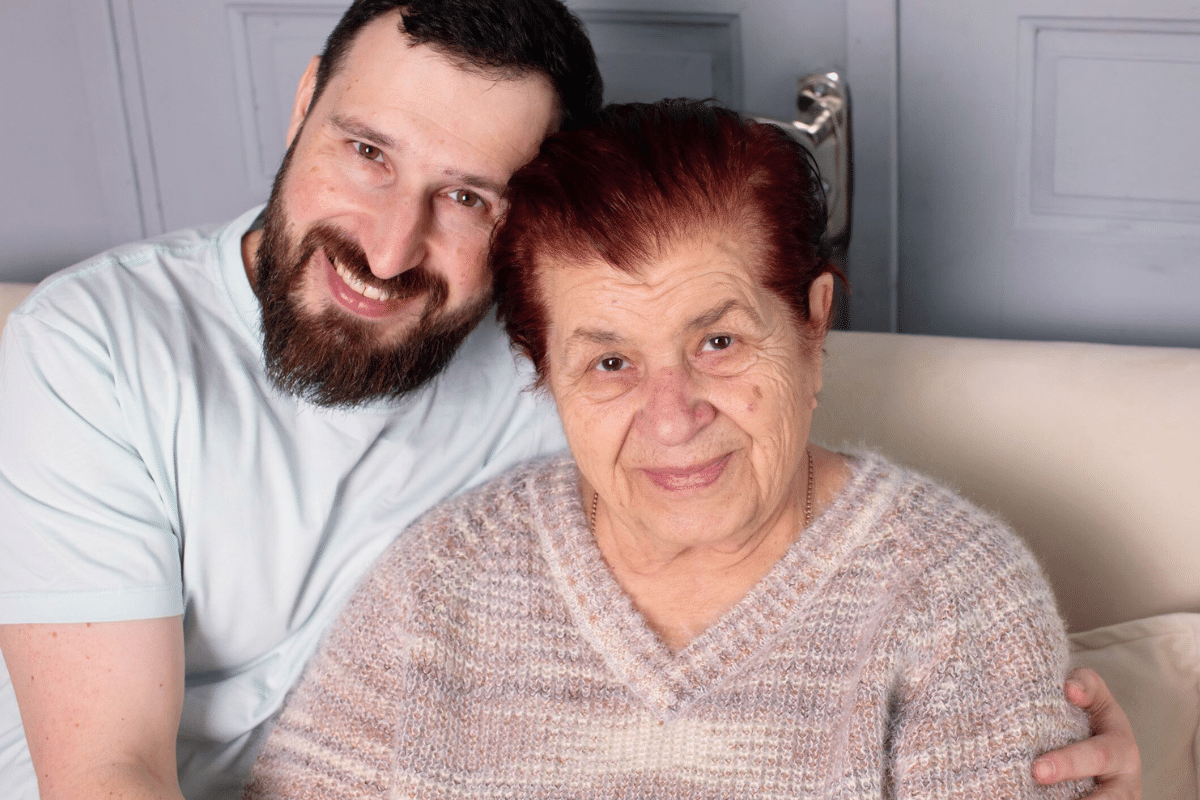The aging U.S. population means that more people will likely need nursing home care in…

Amid recent reports from such prominent news outlets as The New York Times and Associated Press about the negative impact of Medicaid estate recovery on families, the idea of ending this practice altogether has resurfaced.
What Is Medicaid?
Medicaid is a public assistance program that seeks to provide health insurance coverage for Americans with limited means. To be eligible for Medicaid in most states, you must meet strict income and asset guidelines.
Many New Yorkers who need long-term care services have come to rely on Medicaid to cover these costs, as Medicare does cover long-term care costs, and paying out of pocket for such services is nearly impossible for the majority of the population, with home care services costing several thousand dollars a month and nursing home care costs being even more.
What Is Medicaid Estate Recovery?
Federal law requires that states attempt to recover the funds they had paid out for a Medicaid recipient’s medical care during their lifetime. This might include any costs that have accrued for nursing facility services, prescription drugs, or other medical or long-term care. The Medicaid Estate Recovery Program specifically affects Medicaid long-term care recipients who had reached age 55 or older.
With certain exceptions, it’s mandatory for a state to seek these repayments from the person’s estate after they have passed away. States that fail to pursue this course of action may be at risk of losing the Medicaid funding they receive from the federal government.
Can Medicaid Take Your Home?
In New York, only property that is part of your probate estate is subject to Medicaid estate recovery. So, for instance, if you have named someone to benefit from your life insurance policy, those funds will pass outside probate in most places. However, unless you have done estate planning with a competent attorney, your house may be set to pass via probate. Steps can be taken to protect your home from Medicaid recovery, but if you do not take them before your death, then the state Medicaid agency could place a lien on your home to recover its costs in caring for you.
The Stop Unfair Medicaid Recoveries Act
In March 2024, U.S. Rep. Jan Schakowsky (D-IL) reintroduced legislation, the Stop Unfair Medicaid Recoveries Act, proposing to end Medicaid estate recovery altogether. The bill would prevent states from placing liens on the homes of Medicaid recipients while helping to improve access to long-term care services. However, similar efforts to end Medicaid estate recovery have been made in the past with little success.
Plan for the Unforeseen with an Elder Law Attorney
Avoiding Medicaid estate recovery is possible, but it does take careful and deliberate planning undertaken with an experienced elder law and estate planning attorney.
If you would like to speak with an experienced elder law attorney regarding your situation or have questions about something you have read, please do not hesitate to contact our office at 1 (800) 680-1717. We look forward to the opportunity to work with you.




Comments (0)